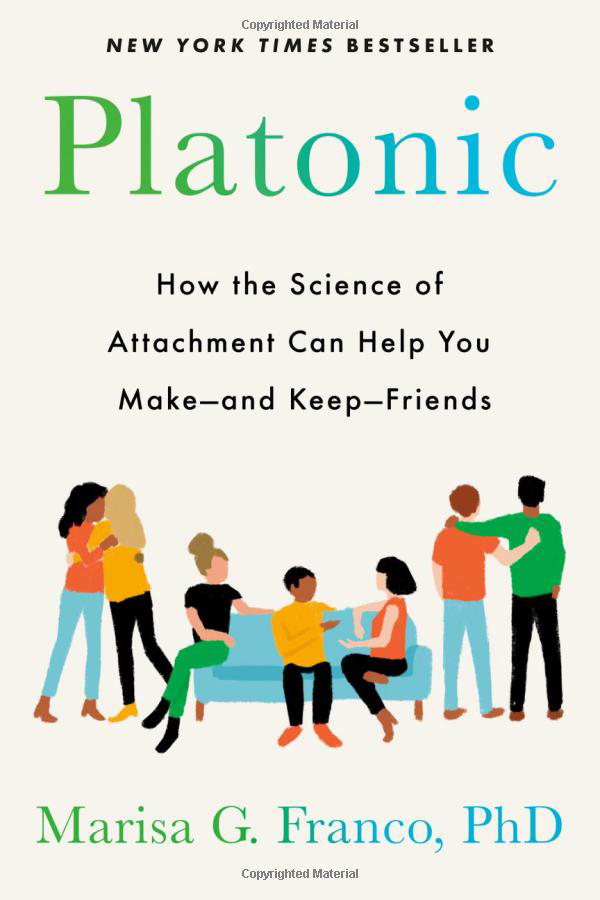
Amy L. Kurlansky, has served as the Reference Librarian at the Hamilton County Law Library since March 2018.
Prior to joining the Law Library, Ms. Kurlansky, worked as an Attorney at Pro Seniors, Inc., as a GAL for abused children in the foster care system, and as a Child Support Administrative Hearing Officer.
As a Staff Attorney for Pro Seniors, Inc., Ms. Kurlansky presented on the topics of Medicaid and Elder Abuse to community groups, social workers, and other attorneys. Ms. Kurlansky also collaborated on the 2014 OSBA Elder Law Handbook chapters on Medicaid and Elder Abuse.
Ms. Kurlansky belongs to the Ohio State Bar Association and the Cincinnati Bar Association. Ms. Kurlansky is a graduate of the CBA CALL (Cincinnati Academy of Leadership for Lawyers) Program. She serves as an appointed member of the CBA Admissions Committee, and as the Chair of the CBA Health and Well Being Committee. She also participates in the Legal Research & Information Resources Committee, the VOICE committee, Lawyers Connecting Beyond the Law, and is a former chair of CBA Elder Law Committee. Ms. Kurlansky is a member of the American Association of Law Librarians, the Ohio Regional Association of Law Librarians, and served as the immediate past chair of the Ohio Regional Association of Law Librarians County Law Library Special Interest Group. Ms. Kurlansky serves on the IWIL Catalyst committee.













